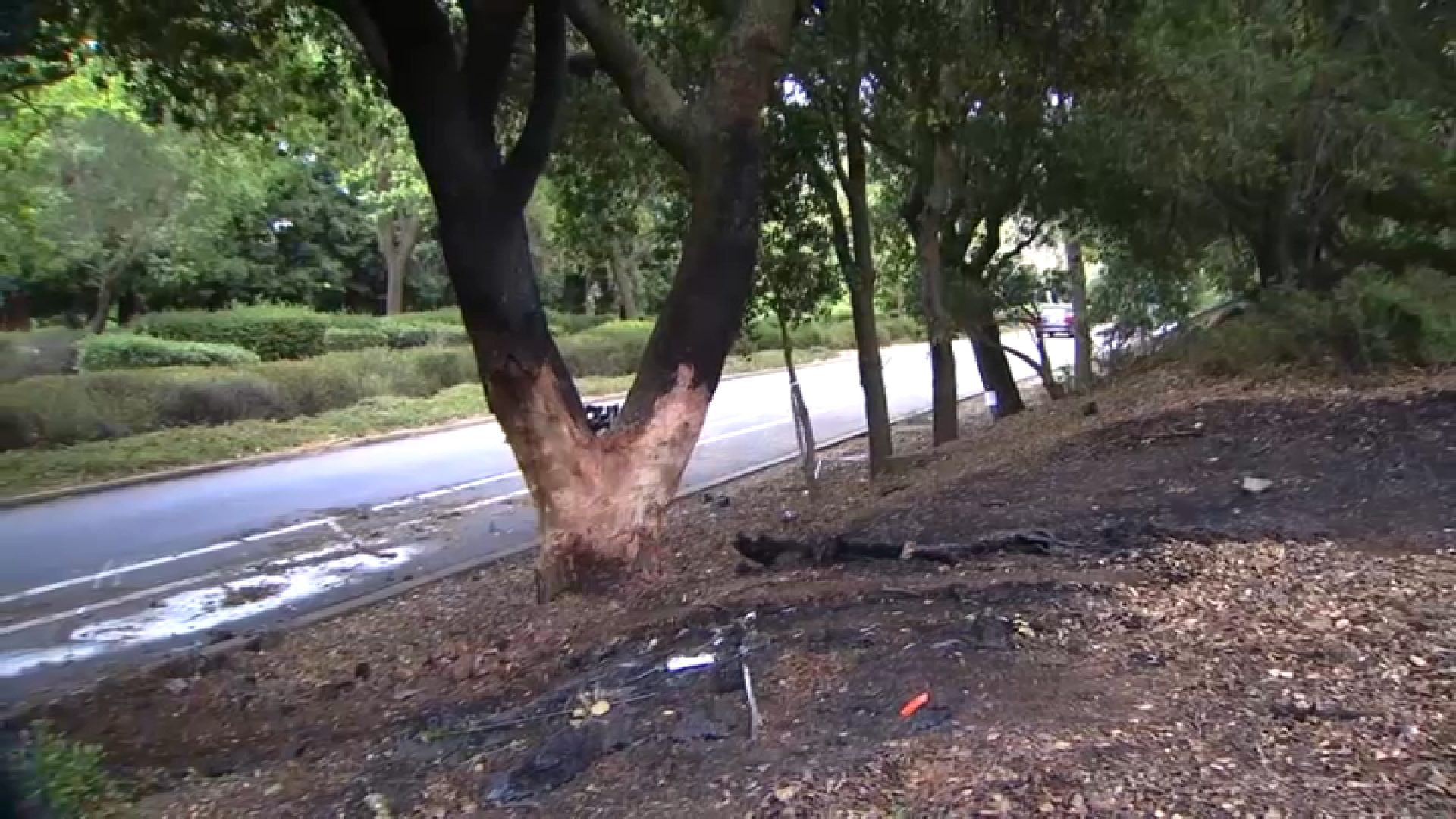The mass exodus at the San Jose Police Department continues.
Four police officers announced this week they plan to turn in their badges and leave the department.
"To turn in that badge, it means more than turning in a badge," said Patricia Jaime, one of the officers leaving. "It means you're turning away from a career you thought you'd be in until retirement."
Jaime and other officers said they lost assurances for their future when changes to their disability retirement benefits kicked in this week. If a cop gets hurt on the job, for example, they will likely have to take a desk job elsewhere in the city -- something that makes officers like Kirk Wilson uneasy.
Wilson is also leaving the department, and now many fear more will follow suit.
"I know for a fact there's officers that are actively seeking, if not are in the process," Wilson said of other cops planning to leave the department.
Local
A memo issued by the city's department of retirement services estimates 186 San Jose police officers will be eligible for retirement in the next two years, potentially cutting the police force to unprecedented and alarming low staffing levels.
"Unfortunately, it's not shocking, but it's very disturbing," city councilman Ash Kalra said. "I think it's something all residents of San Jose should know about."
An audit shows the city was spending big dollars on officers retiring on disability, according to Alex Gurza, San Jose's deputy city manager.
Mayor Chuck Reed said the disability benefits were being abused and costing the city.
"Unfortunately, under the current system there's just way too much padding of retirement benefits," Reed said. "It's become a scam opportunity for people."
In addition to the four cops who announced their resignation this week, the police union said more than 25 officers have resigned from the department this year. Officers have previously said the lower staffing levels has led to low morale and a rise in crime.
The union has blamed Measure B, a controversial pension reform measure, for resignations over the last two years.
Provisions from Measure B, approved by voters in 2012, calls for city workers to contribute 16 percent more of their pay to retirement costs beginning next year.
Measure B would have taken effect on July 1, but both the city and union earlier this month reached an agreement to extend the employee compensation reduction portion of the measure for a year.



